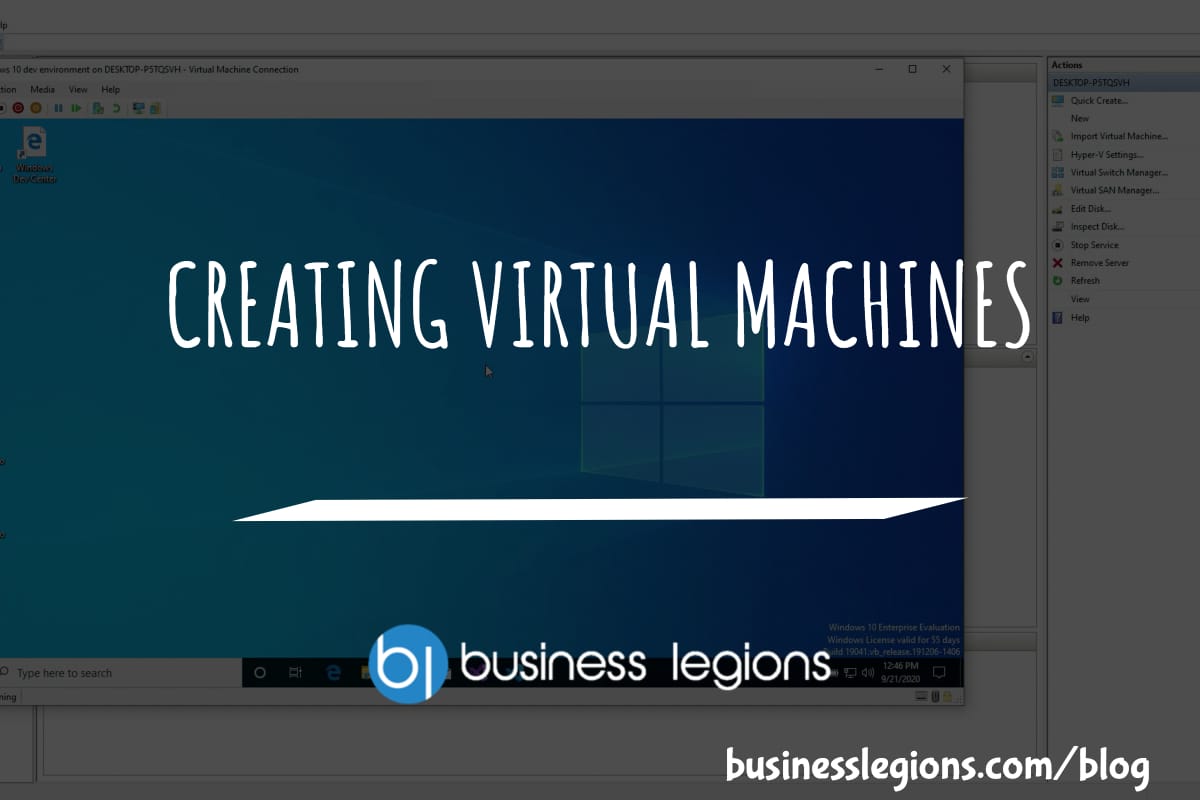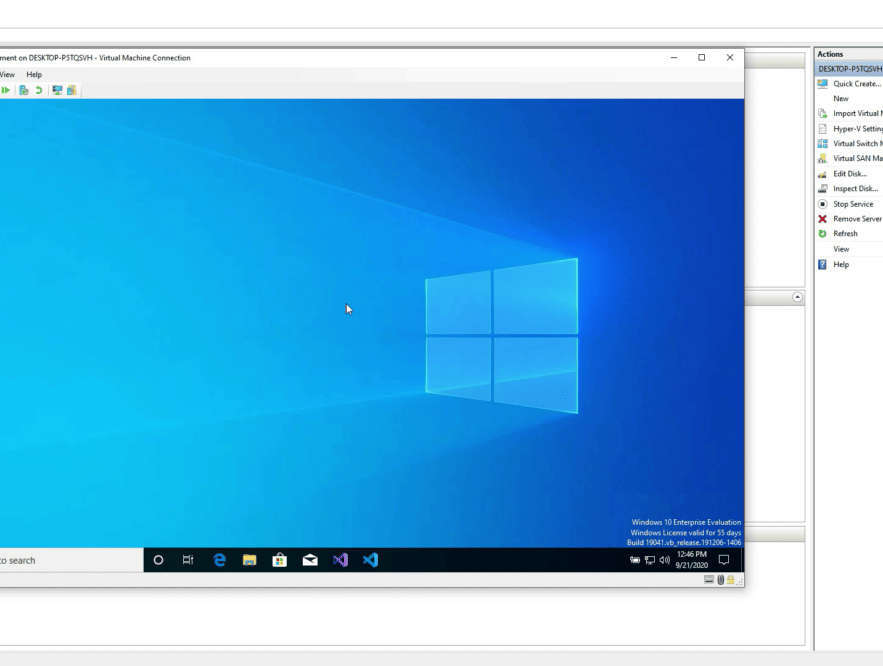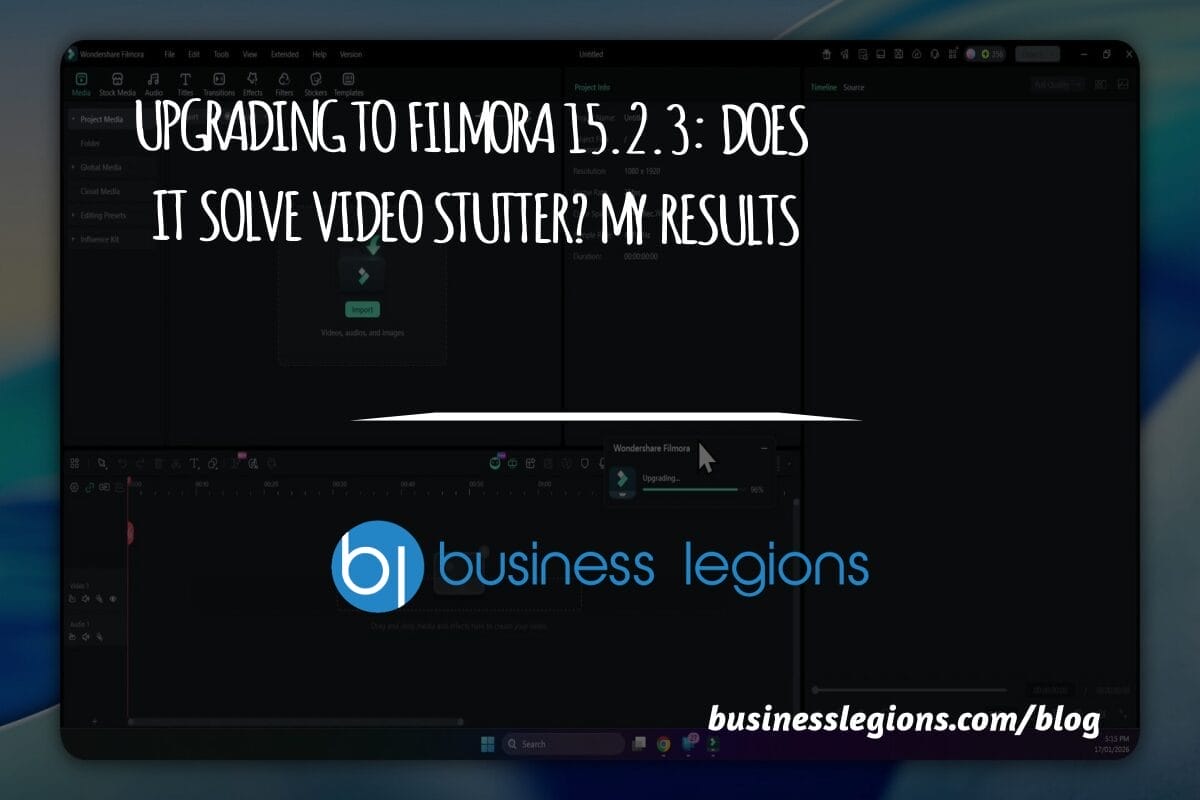CREATING VIRTUAL MACHINES
September 30, 2020 / by Marco / Categories : Business
It’s so easy now creating Virtual Machines, in particular, if you are using Windows 10 as your operating system. Virtual machines allow you to emulate multiple physical machines all on the one device. For example, you can have a Windows 7 virtual machine, a Ubuntu virtual machine and a Windows 2019 server virtual machine.
If you’re using Windows 10, then you are in luck. These is a built in application called Hyper V and you can manage all your virtual machines using the Hyper V manager.

HOW TO INSTALL HYPER V
You can use this video as a guide on how to install Hyper V on your Windows 10 PC.
The process is fairly straight forward but you do need a machine that is powerful enough. The requirements are as follows:
- Windows 10 Enterprise, Pro, or Education
- 64-bit Processor with Second Level Address Translation (SLAT)
- CPU support for VM Monitor Mode Extension (VT-c on Intel CPUs)
- Minimum of 4 GB memory
If you can’t install Windows 10, it’s possible you’re using Windows 10 Home. so you may need to upgrade your operating system.
There are other tools available such as VMWare, VirtualBox and Virtual Machine which can also be used to create virtual machines.
OTHER ARTICLES YOU MAY LIKE

FILMORA 15.2.3 UPDATE: DID IT FIX PLAYBACK JITTER? A PRACTICAL TEST WITH GPU SETTINGS
Wondershare Filmora has received a new point release, and for many editors the first question is simple. Has this update finally fixed that annoying playback jitter in the preview window. If you have felt a stutter during editing that makes your footage look as if frames are being skipped or shuffled rather than played smoothly, […]
read more
MyClone: Your Go-To Virtual Assistant for Winter Business Success
Boost your winter business success with MyClone, your reliable virtual assistant, streamlining tasks and enhancing productivity during the busy season.
read more
